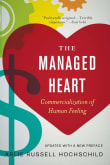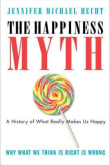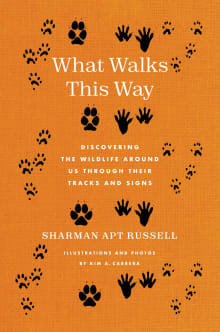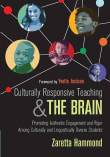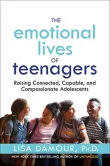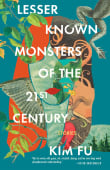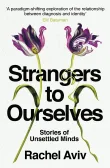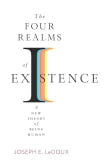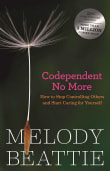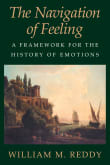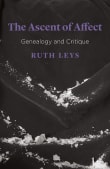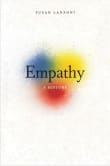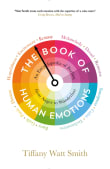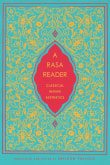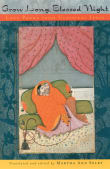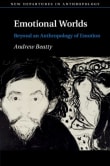How Emotions Are Made
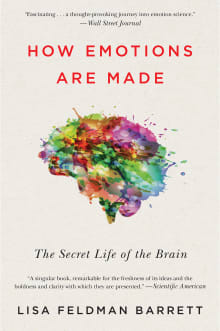
Book description
Preeminent psychologist Lisa Barrett lays out how the brain constructs emotions in a way that could revolutionize psychology, health care, the legal system, and our understanding of the human mind.
“Fascinating . . . A thought-provoking journey into emotion science.”—The Wall Street Journal
“A singular book, remarkable for the freshness…
Why read it?
8 authors picked How Emotions Are Made as one of their favorite books. Why do they recommend it?

I love this book because it explores a new way of understanding human emotions. When you laugh, cry, or scowl with anger, you often assume that the emotions you're feeling are the same as everyone else’s. Lisa Feldman Barrett explains that this is not necessarily the case, according to the new science of emotion.
She clearly describes the research, including her own, that shows that emotions are not hard-wired at birth but are constructed by our brains and our bodies as we go through life. It means that we can be the architects of our emotional lives, and the implications…
From Lynne's list on psychology of the human experience.

I find Lisa Feldman Barrett both riveting and accessible. She’s a neuroscientist who can write lucidly, and she has a new tale to tell about what emotions are.
Far from being universal essences with single, identifiable fingerprints (aka Darwin or Ekman), emotions are constructed in a neuroplastic way by the complex interactions of the brain, body, language, culture, and experience. Emotions are made, not given.
And she gave me one of my favorite ideas: “emotional granularity,” the notion that the richer our emotional vocabulary and ability to name and describe our experience, the wiser and more flourishing our lives.
From Maria's list on helping you identify emotions you didn’t know you had.

There is a schism in psychology (actually, probably more than one) that I and others like me are trying to take advantage of. In general, the disagreements are hidden from public view in impenetrable academic papers. I love this book because it’s so visible and available to a general audience.
Feldman Barrett basically undermines all the prevailing core assumptions of basic emotions psychology, which are so pervasive that they tend to underwrite the Disneyfication of human emotional life (see, for example, Inside Out).
I don’t agree with everything Feldman Barrett says, but I greatly admire her for saying them…
From Rob's list on what your emotions are and where they come from.
If you love How Emotions Are Made...

So much has been written about emotions that it takes courage for a woman to stand up against the male-dominated field and assert that they've got it wrong.
I’m inspired by the way Professor Barrett's work not only showcases her courage but also introduces such a novel theory, challenging the previous understanding of what emotions are and how they develop. I learned a lot from her perspective.
Also, I find her explanation of the brain's energy budget to be one of the best I've read, which is a valuable bonus in the book, especially useful in my journey of writing…
From Antonieta's list on uncovering the human experience and exploring the depths of trauma.

I write fiction that tries to push us to see our lives in the context of a different world. But Lisa Barrett’s book on how emotions generate inside us makes fiction unnecessary.
This absolutely changed how I view reality. The story world of our lives – what we consider “reality” – is something that exists in the dark, unlit cavern of our skull.
Our brains are constantly creating our own idea of what’s real “out there”, predicting what will happen in the next few microseconds. The data coming in from eyes, ears, nose, and skin is only used to keep…

A neuroscientist and psychologist of note, Lisa Feldman Barrett recounts in this book how as a doctoral student she ran some laboratory experiments the results of which, according to the then-accepted scholarly wisdom, made no sense.
After rerunning the experiments multiple times, she decided that it was the scientists of the time who were wrong, not her experiments! This set her on the road to this remarkable book which lays out in detail how our emotions literally are “made” by our brain.
Understanding how this emotion-creation process functions, she shows, carries substantial implications, e.g., in the U.S. legal system where,…
If you love Lisa Feldman Barrett...

A stunning work of intellect that somehow manages to be thoroughly engaging as well, this book sums up the entire history of my subfield of psychology (emotion science) as well as many of the contemporary open questions and controversies.
It also puts to bed a number of neuroscience myths about emotions and the brain, and proposes a model for thinking about the intersection of physical and mental health that formed a core of my chapter on embodied mental health.
From Sarah's list on help us face our monsters and embrace mental health.

This is a serious WTF book! Lisa Feldman Barrett is upending the entire study of emotions, hooray! Left and right brain? Nope, we don’t have two brains, and the hemispheres aren’t all that different. Lizard brain and the 3-part or triune brain? Nope! Lizard brains are just as “evolved” as ours, and our emotions don’t live in just one area of the brain.
Reading facial expressions of emotions? Nope! Humans are actually terrible at reading emotions from the face. Are there universal emotions? Nope! Is the amygdala the seat of fear or emotions in general? Nope! How Emotions Work will…
From Karla's list on to help you develop emotional badassery.
Want books like How Emotions Are Made?
Our community of 12,000+ authors has personally recommended 100 books like How Emotions Are Made.




